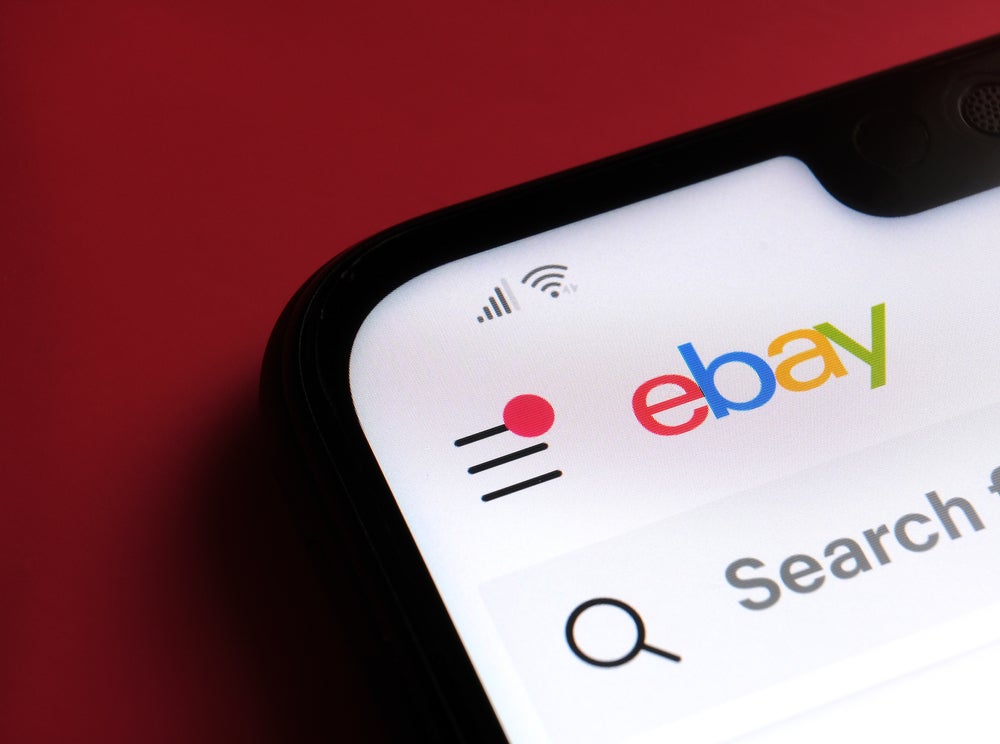interest in the prepaid cards market, despite the collapse of its
$700 million acquisition of prepaid marketer NetSpend. Capital One
announced expected credit losses of between $4.9 billion and $5.5
billion in 2008 (see
CI 391), which senior cards analysts said played a large part
in the termination of the deal.
But the US-based credit card and banking business, which signed a
letter of intent with NetSpend to expand their existing
relationship, insisted the agreement was wider-ranging than the one
they had before. A Capital One spokeswoman told CI the business was
looking to start selling its products through a wider range of
distribution channels.
She said: “Through the partnership, we will develop and market
Capital One prepaid cards through direct mail offers and eventually
through retail locations and cheque cashing stores.”
Instead of the acquisition, Capital One will now acquire a minority
interest in NetSpend, and it is expected a Capital One
representative will join the NetSpend board of directors.
The spokeswoman added: “While we have agreed to terminate the
planned acquisition, we remain committed to our relationship with
NetSpend and we are confident in the viability and strength of our
expanded partnership. We do not foresee any change to our long-term
strategy of deeply penetrating the prepaid market. Both companies
are fully supportive of this strategy and are looking forward to
the more tightly integrated approach to our existing partnership
efforts.”
Despite significant expected write-downs for 2008, announced last
month, Capital One remains optimistic about its fundamentals. But,
as the company focuses on card issuance to lower-income groups, and
with the difficult financial environment, it has to remain
vigilant. The move to cancel the acquisition of NetSpend is being
seen as part of that.
How well do you really know your competitors?
Access the most comprehensive Company Profiles on the market, powered by GlobalData. Save hours of research. Gain competitive edge.

Thank you!
Your download email will arrive shortly
Not ready to buy yet? Download a free sample
We are confident about the unique quality of our Company Profiles. However, we want you to make the most beneficial decision for your business, so we offer a free sample that you can download by submitting the below form
By GlobalDataFrancesco Burelli, cards and payment analyst at consultancy AT
Kearney, told CI: “I think that this deal is one of the many
casualties of the credit crunch and of the deteriorating outlook
for the lending industries in US and over Europe. While it makes a
lot of sense for the two organisations to test the synergies
between the two product lines and portfolios, Capital One has taken
a conservative approach on a deal that would have had a significant
impact on its card and debt position.”
There is still the possibility Capital One could increase its stake
in NetSpend, and eventually acquire the company when conditions
improve and uncertainty has been removed from the credit markets.
Prepaid is an obvious area for Capital One to move into, given its
focus on the lower end of the credit market. NetSpend is a provider
of prepaid card products that serve customers who are too young to
be issued with credit or debit cards, or those who are not able to
because of credit problems.
Burelli said: “The acquisition of a minority stake along with the
right to buy additional shares in the company is a clear indication
that Capital One is not ruling out the acquisition of NetSpend at a
later date. I guess that the future development of an acquisition
will be driven by the actual success of the commercial relationship
with NetSpend and of the future development of the credit
crunch.”
Sign of weakness
Capital One’s decision to cancel its acquisition shows just how
deeply the subprime crisis is cutting into business strategy, even
at the highest level. But while the deal’s termination has largely
been seen as a sign of weakness in Capital One, it is possible the
cash saved could be used to finance a share buy-back scheme.
Burelli added: “Lenders are trying to clean up their books,
containing losses while minimising the negative impact that
write-offs are having on their stock price and funding
capabilities. The expected prolonged tough conditions for the
industry are forcing caution even in those companies like Capital
One that were used to the role of industry pioneer and innovator.
This is particularly the case with this lender as its books rely on
a majority of revolvers in segments that are vulnerable to the
squeeze in the provision of credit and to fluctuations of interest
rates.”
NetSpend CEO Rick Savard said the partnership with Capital One
provided an opportunity to extend their visibility in the prepaid
market. He said: “We believe that Capital One’s investment in
NetSpend and their participation on our board will further drive
alignment of our long-term objectives across the prepaid market. By
leveraging each company’s strengths, we can continue to deliver
innovative products, drive sales and help build even greater
loyalty for our merchant partners.”







